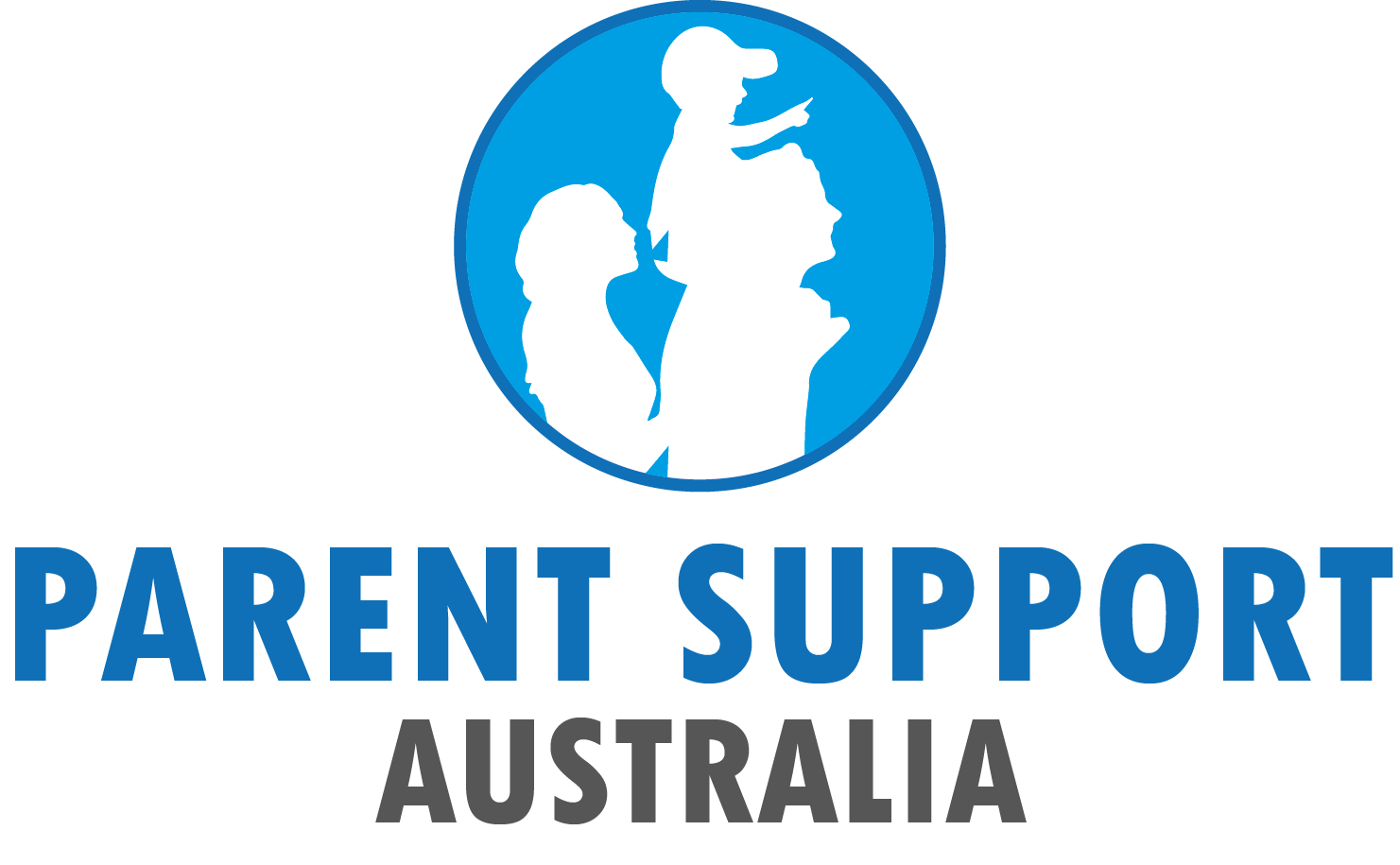What Is Positive Parenting?
Positive parenting, also known as positive discipline, is an approach that focuses on teaching children rather than punishing them. It involves clear communication, setting age-appropriate expectations, and fostering a strong parent-child connection.
Positive parenting is a philosophy that emphasizes nurturing, support, and encouragement. It’s about creating a warm and loving environment where children can thrive. This article will delve deep into how this parenting style can profoundly impact a child’s personal development. From building self-esteem to promoting empathy, we’ll uncover the secrets to nurturing well-rounded individuals.

Here’s how it encourages personal development:
Building Self-Esteem
A child’s sense of self-worth is nurtured by positive parenting. This method emphasizes recognizing and appreciating a child’s efforts and accomplishments rather than only criticizing and correcting them. Children who receive praise and positive reinforcement regularly grow to have a strong and positive sense of self.
Consider a piece of paper with a child’s drawing on it. In a supportive parenting environment, parents might not just say, “Good job,” but instead take the time to notice the creativity and effort put into the artwork, saying, “I can tell you worked hard on this, and I love the colors you chose. It’s truly wonderful.” This praise emphasizes the process and effort, strengthening the child’s confidence in their abilities rather than just the outcome. This ongoing encouragement gradually alters a child’s image of themselves and raises their self-esteem. This solid sense of self-worth is a fundamental building element for personal growth.
Fostering Independence
Encouraging independence is a cornerstone of positive parenting. It involves empowering children to make choices and solve problems on their own. Parents provide guidance and support and give their children space to exercise their autonomy.
Think of a scenario when a child chooses their outfit. A supportive parent could present options and let the child decide instead of choosing them. The child develops a sense of independence as a result of this exercise. They develop confidence in their decision-making skills by acquiring decision-making experience and finding solutions independently. One of the most important aspects of human growth is this newly acquired independence. It gives kids the knowledge and attitude they need to negotiate the complexities of life, make wise decisions, and develop into resilient people who can cope with various circumstances.
Promoting Empathy

Positive parenting strongly emphasizes fostering empathy and emotional intelligence in children. Parents who model these behaviors are instrumental in teaching their children to understand and respect the feelings of others.
Imagine a scenario where two siblings are disagreeing. A positive parent might step in to resolve the issue and help the children understand each other’s feelings. They may say, “How do you think your sister feels when you take her toy without asking?” This simple question encourages the child to consider the emotions of their sibling. By consistently reinforcing such empathetic responses, parents nurture empathy in their children.
Promoting empathy is crucial for personal development as it enables children to develop a deep understanding of the emotions and experiences of others. This empathy forms the basis for healthy relationships, effective communication, and conflict-resolution skills. As children grow into empathetic individuals, they are better equipped to navigate the social complexities of adulthood and contribute positively to their communities.
How Can Positive Parenting Encourage Personal Development?
Promoting Emotional Intelligence
Positive parenting is about creating an environment where children feel safe expressing their emotions. Children learn that their feelings are valid and important in this nurturing space. When parents actively listen and validate their emotions, it sends a powerful message that it’s okay to feel and express what’s on their minds.
This validation and open communication help children develop high emotional intelligence. They become attuned to their emotions, which is essential for personal development. Emotionally intelligent individuals are more in touch with their feelings, which leads to better self-awareness, better decision-making, and healthier relationships in the long run.
Building Resilience
In the journey of personal development, resilience is a vital companion. It’s the ability to bounce back from setbacks and challenges. Positive parenting encourages children to face difficulties and learn from their mistakes rather than sheltering them from every obstacle. When kids are allowed to struggle within safe boundaries, they build resilience.
Imagine a child trying to ride a bike for the first time. They might fall a few times, but a positive parent would encourage them to get back on the bike, assuring them that it’s okay to make mistakes. This simple act of encouragement instills a sense of perseverance and resilience. These traits are invaluable for personal development, enabling individuals to tackle life’s challenges confidently.
Teaching Responsibility
Positive parenting is about setting clear expectations and boundaries while maintaining a supportive and nurturing environment. This approach teaches children the importance of responsibility from an early age. When parents consistently enforce rules and expectations, children learn that their actions have consequences.
For example, if a child knows that they are expected to complete their homework before playtime, they begin to understand the concept of responsibility. Over time, this sense of accountability becomes a part of their character. This foundation of responsibility is a steppingstone for personal development, as it prepares them to manage their obligations and make responsible decisions in adulthood.
Cultivating Curiosity
In a positive parenting environment, curiosity is celebrated and encouraged. Parents actively engage in activities that promote learning and exploration. Parents spark their children’s love for knowledge and personal growth by reading, visiting museums, or asking questions.
This love for learning is a cornerstone of personal development. Curious individuals are more likely to seek new experiences, explore diverse perspectives, and adapt to change. They develop a mindset that views challenges as opportunities for growth, a crucial element of personal development.
Enhancing Communication Skills
Communication skills are essential for personal development, as they determine how effectively individuals can express themselves, build relationships, and resolve conflicts. Positive parenting emphasizes clear and open communication within the family.
Parents who communicate openly with their children create an environment where kids feel comfortable expressing their thoughts, concerns, and opinions. This practice helps children develop strong verbal and non-verbal communication skills. They learn to articulate their ideas, listen actively, and understand the nuances of effective communication. These skills serve them well in their personal lives, future careers, and relationships.
Nurturing Healthy Relationships
Positive parenting is not just about how parents interact with their children; it also extends to how parents interact with each other and others in the family. By modeling healthy and respectful relationships within the family unit, parents set a powerful example for their children.
Children who witness healthy relationships within their family are more likely to form positive relationships with others in the future. They learn the importance of empathy, compromise, and mutual respect. These qualities are crucial for building strong and healthy personal relationships, significantly influencing an individual’s development and overall well-being.
Conclusion
In conclusion, “How Can Positive Parenting Encourage Personal Development?” is a question with a profound and impactful answer. Positive parenting lays the foundation for children to become emotionally intelligent, resilient, and responsible. It empowers them to develop essential life skills, fostering curiosity, strong communication, and nurturing healthy relationships. By implementing positive parenting, parents can guide their children toward becoming well-rounded, confident, and successful adults.

Add a Comment